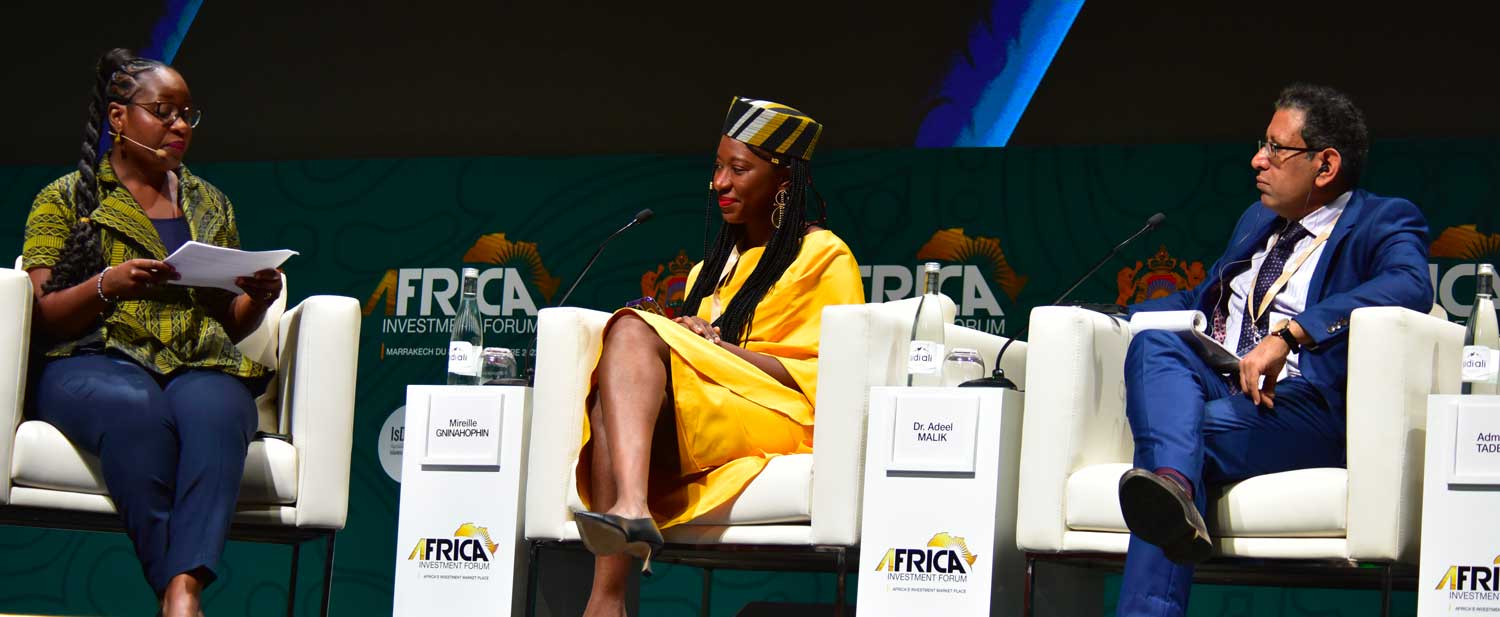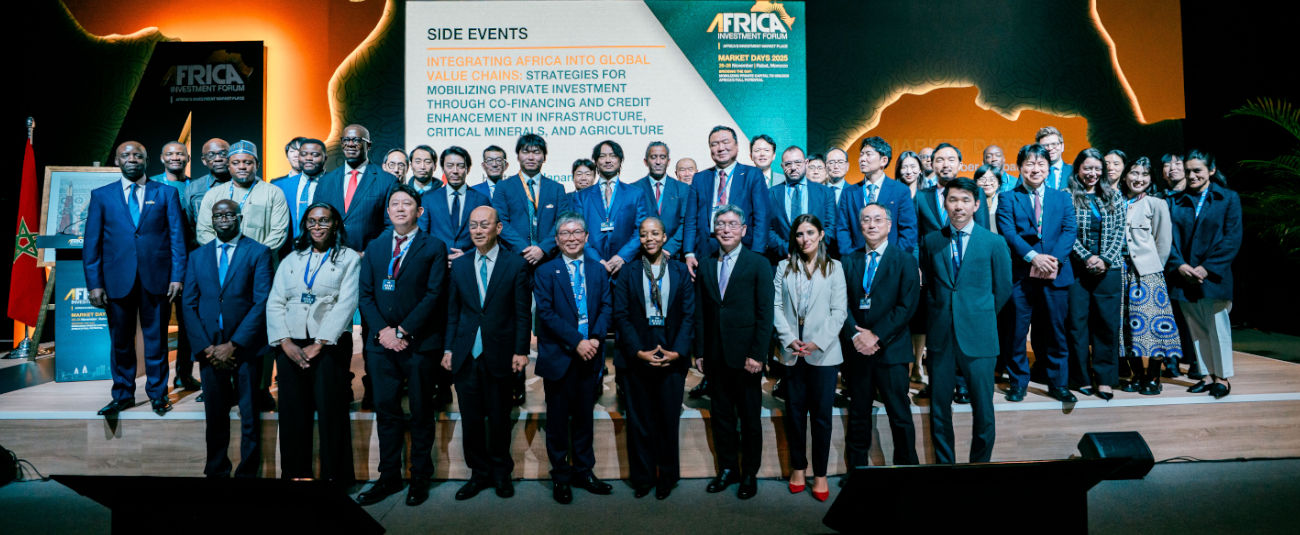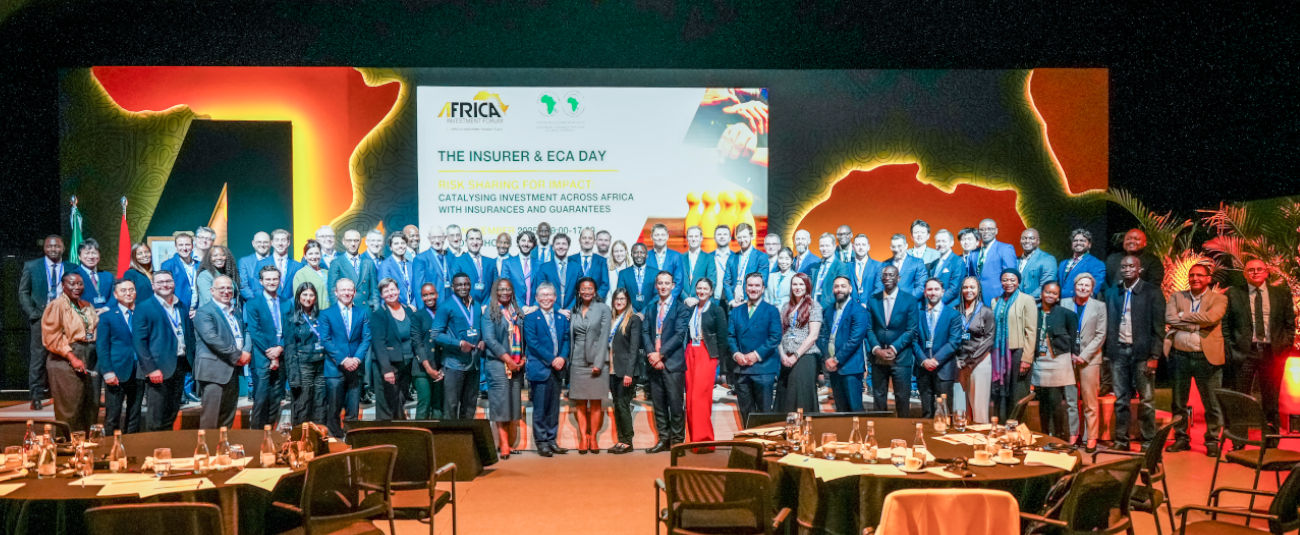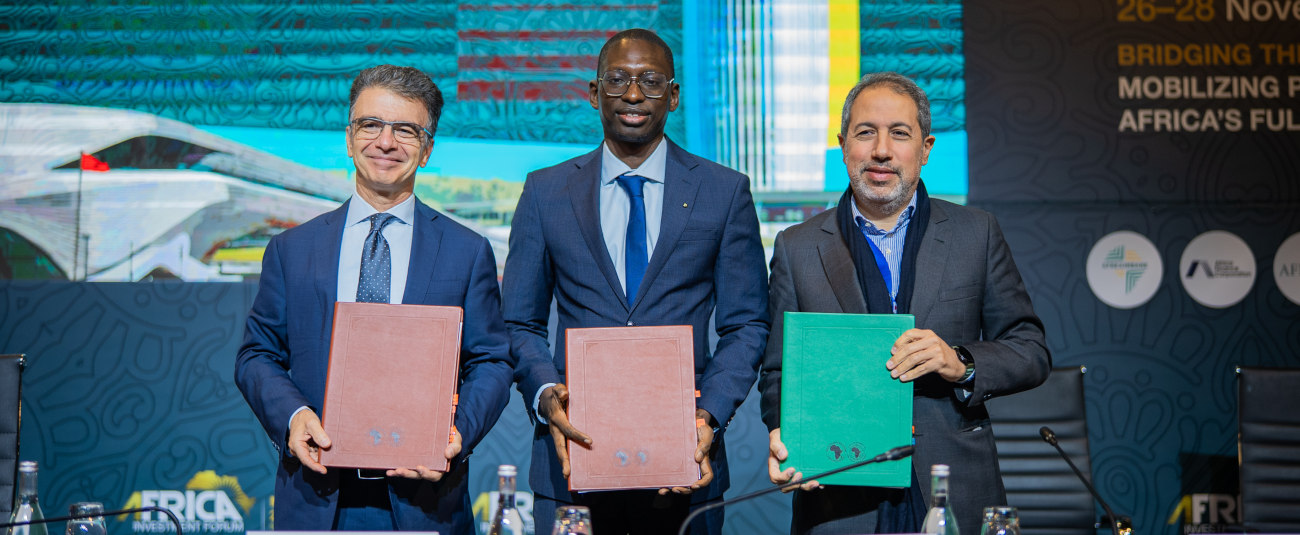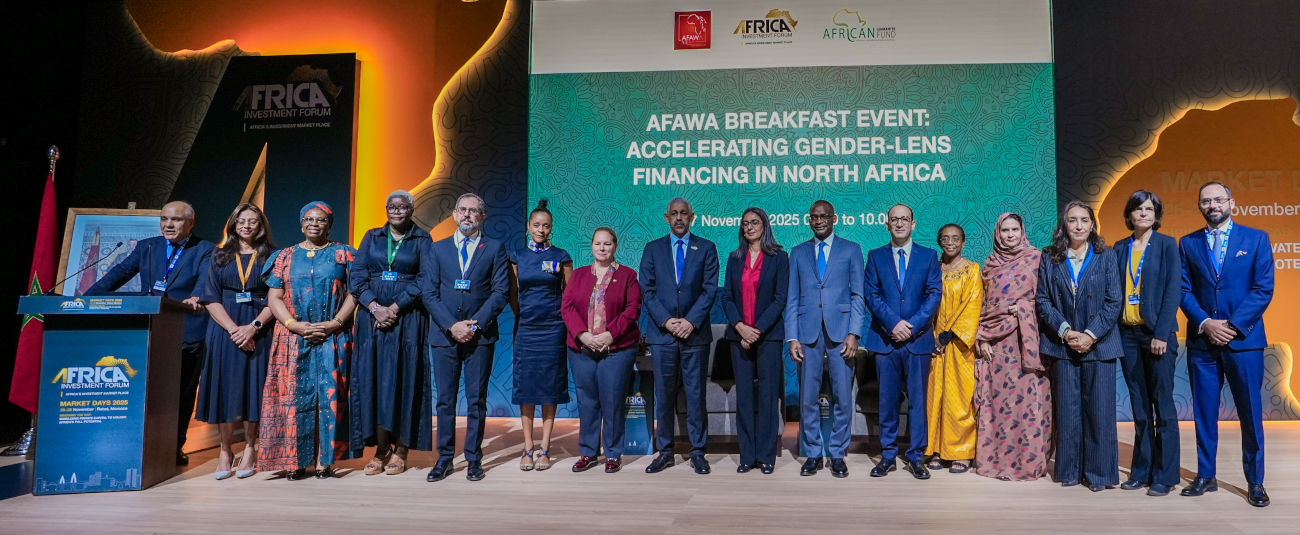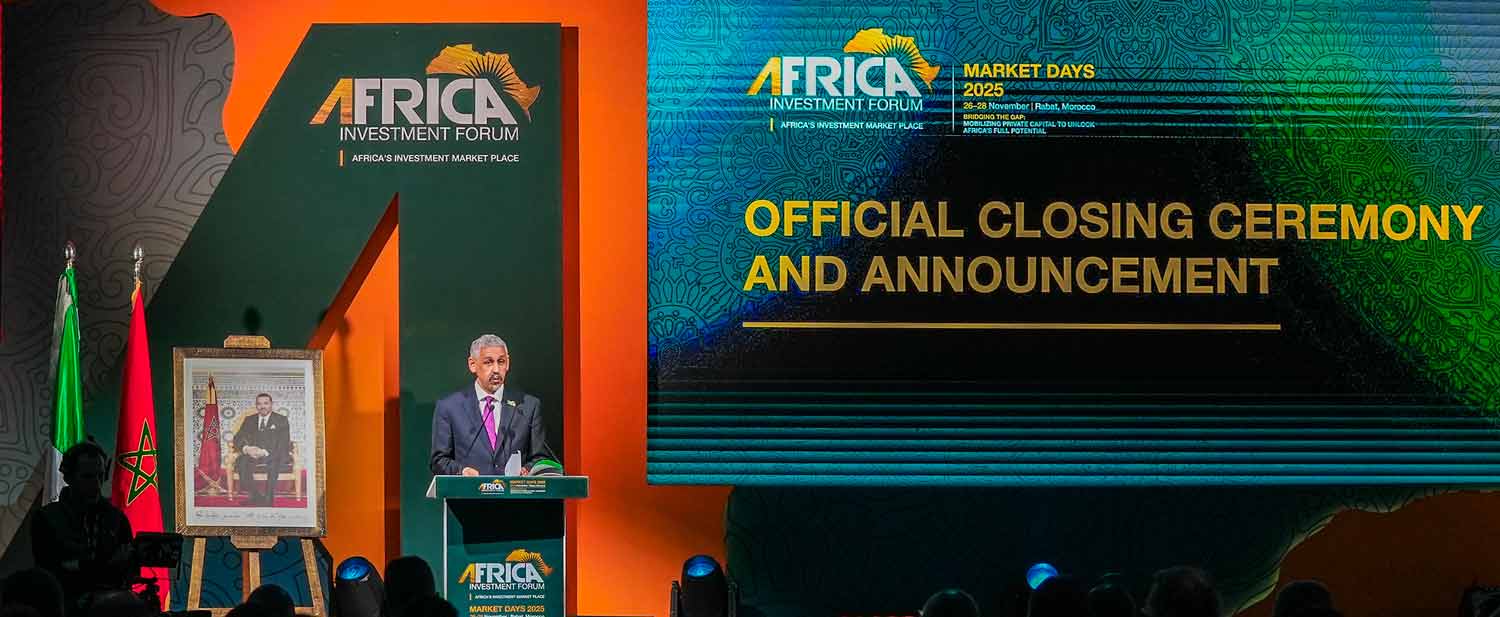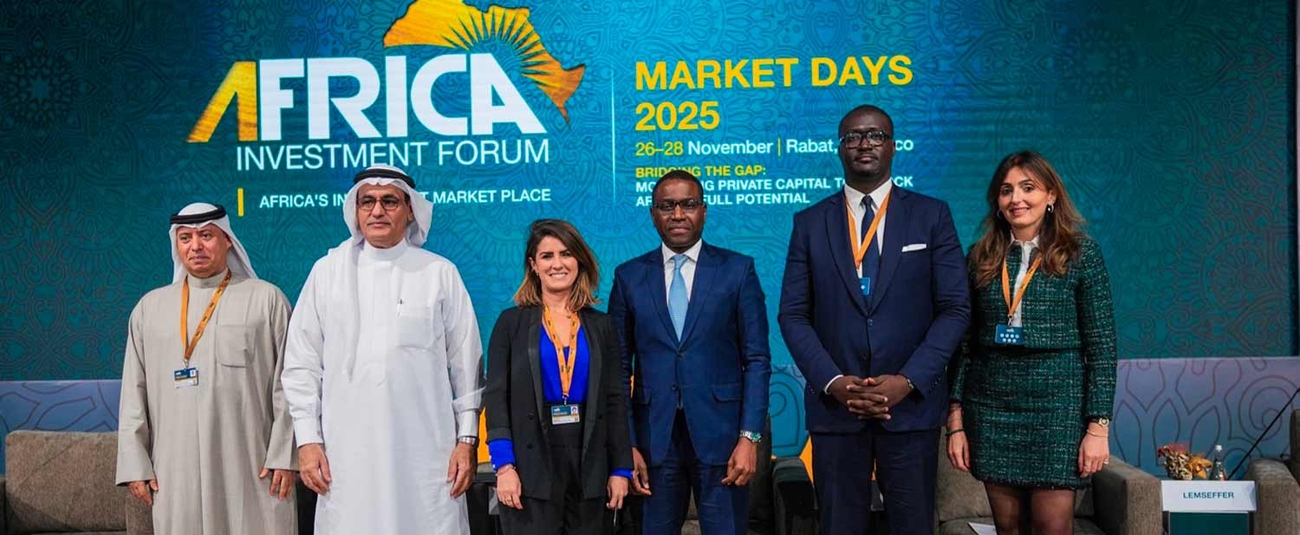Banks, institutional partners and the private sector should invest heavily in agribusiness in Africa, a sector that suffers from a financing gap just as it becomes the new manna for the countries of the continent, say experts.
Their call was made on Thursday 9 November 2023 at a panel discussion entitled "Agribusiness: Unleashing Innovation and Unlocking Growth", organized as part of the Market Days of the Africa Investment Forum 2023 held from 8 to 10 November 2023 in Marrakesh, Morocco.
Africa has enormous potential to feed its own population and the world, and agribusiness will be the engine of growth, sustainable development and job creation in Africa, said Adeel Malik, Professor of Development Economics at the University of Oxford, and Ms Mireille Esther Gninahophin, founder of Okedjenou.
The panellists believe that to unlock the potential of African agribusiness requires investment in infrastructure, innovation and value chain development. Investment opportunities also exist in value-added processing, logistics and technology, as well as in resilient and sustainable supply chains that create jobs and foster inclusive economic growth.
However – and the panellists were unanimous on this point – the funding gap in this sector is huge. "Agricultural entrepreneurs complain about the lack of long-term financing. The best they can get are one-year loans," said Professor Malik, who has interviewed many 'agribusinessmen' across Africa, especially in Nigeria. "The banks say that there is too much volatility in this sector. They are not willing to lend for more than a year at a time," he said, noting that "banks are poorly organized, if not organized against farmers who have to buy seeds, fertilizer and so on."
Gninahophin concurred, saying, "the lack of funding is a barrier to innovation. Investment is currently very focused on technology, and that's fine, but more than two thirds of the world's arable land is in Africa. Farmers have logistical difficulties in getting their products to consumption areas and there are losses of production due to lack of processing. Young shoots need support. Innovation comes at a cost, be it in research or equipment. When you produce 50 to 200 kilograms, everything is fine, but when you move up to 10 or 20 tonnes, that needs more funding. Agricultural cooperatives and start-ups need immediate financing."
Both panellists called for innovative approaches to finance this sector, taking into account its constraints, such as variations in rainfall and the effects of climate change.
Ms Gninahophin markets "attiéké" (cassava semolina) from Côte d’Ivoire in West Africa and France. She wants support from African governments to help agricultural entrepreneurs to comply with European standards, those non-tariff barriers that reduce exports.
The panellists noted progress in a good number of countries in reforms to facilitate access to land, especially for women, and attract domestic and international private investment.
"Strategies are defined, but it is the coordination between the public and private sectors that needs to be strengthened. The potential of the African market is highly worth exploring by African investors themselves," stressed Gninahophin. She views the African Continental Free Trade Area (AfCFTA) as manna from heaven for agribusiness.
And Professor Malik added, "what is needed is more funding, coordination and training for both farmers and intermediaries."
At a session dedicated to the launch of the Alliance for Special Agro-Industrial Processing Zones, African Development Bank President Akinwumi Adesina, who is also chairman of the Africa Investment Forum, said, "Africa's new millionaires and billionaires will not be coming from the oil and gas industry, but from the food and agriculture sector."
The panel was moderated by Raïssa Okoi, a former BBC journalist.
